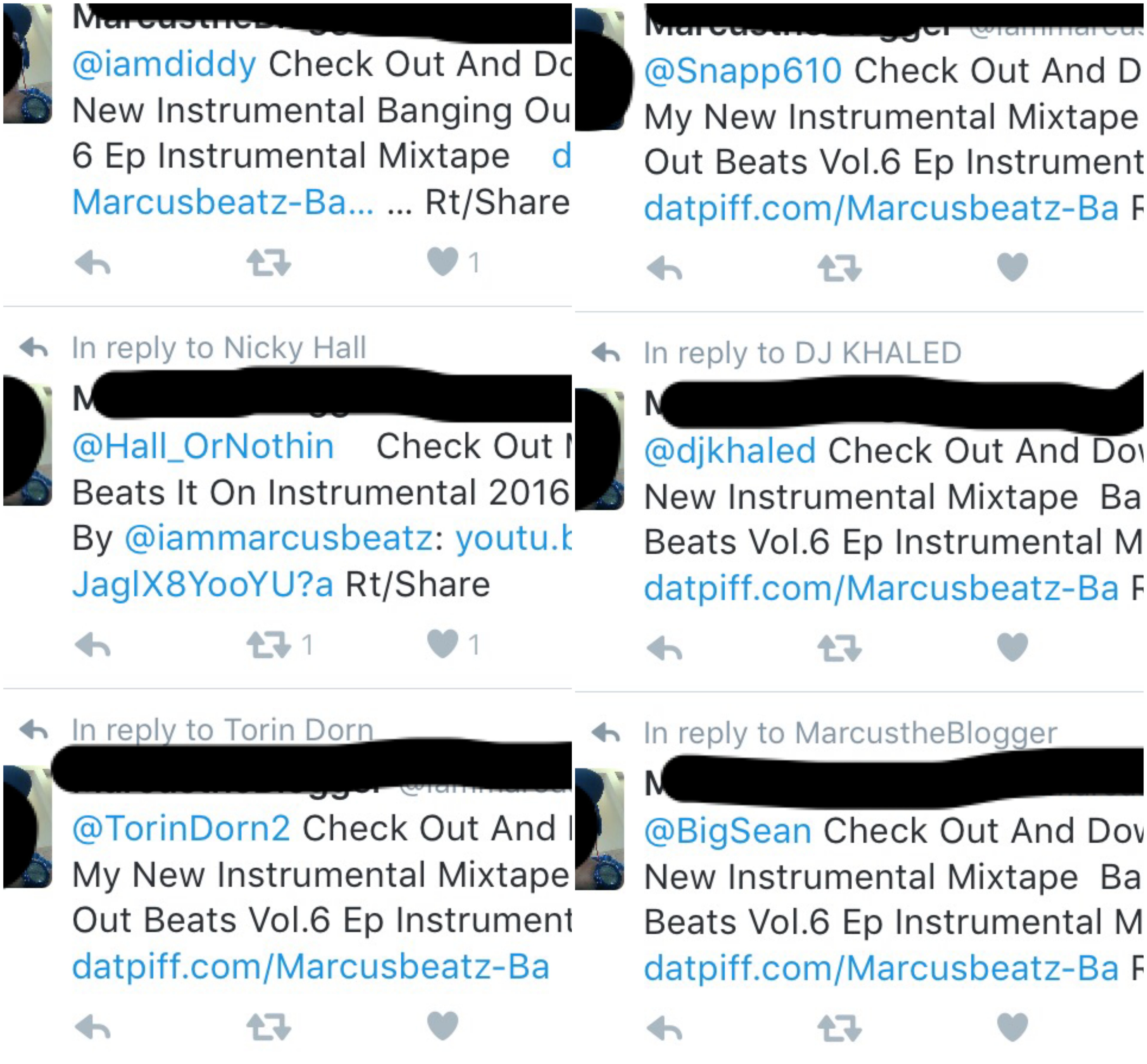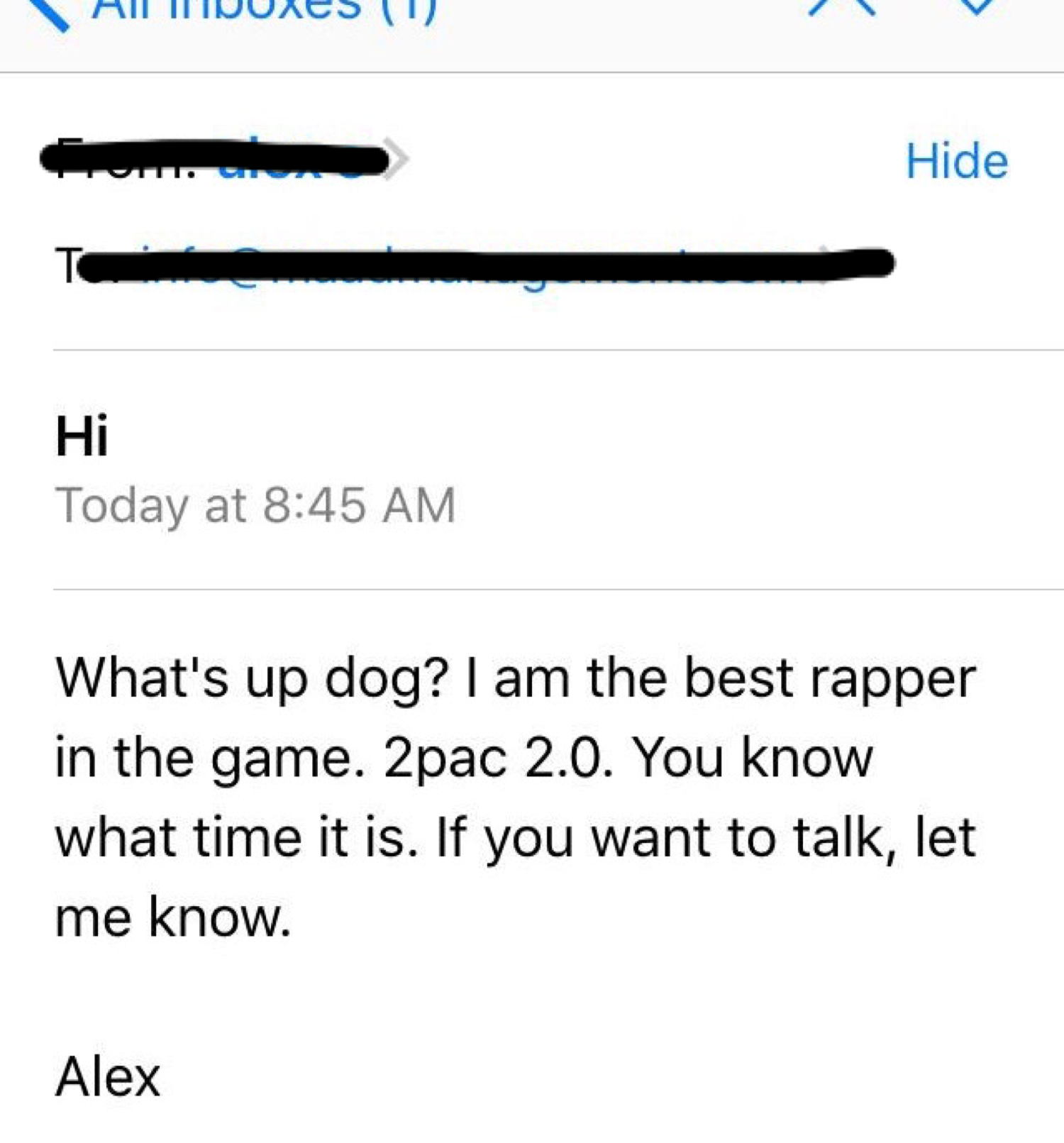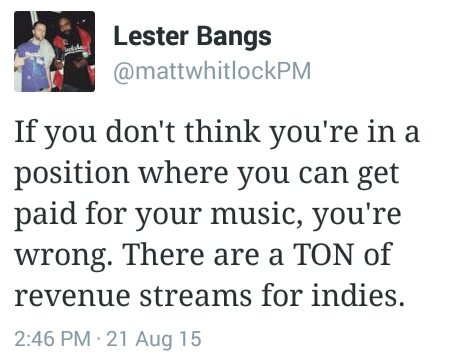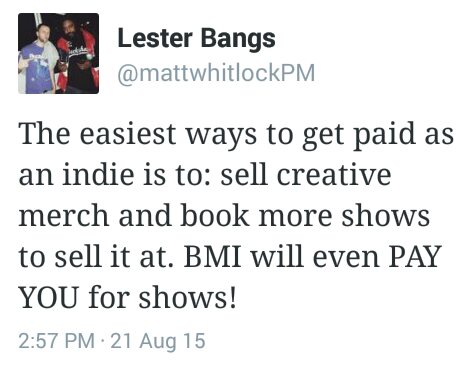Networking. You’ve Heard the term, you know you should be doing it but what exactly is “it?“
Most artists think waaaay too hard about it, while others don’t think about it at all. In both instances, the artists fail to make any sort of real connection. So this article is here to hopefully uncover the “mysteries” of networking and put it in simple and easy steps to help you make better relationships.
Because that’s essentially what networking is about, relationships. Truly and genuinely connecting with people.
[ctt template=”3″ link=”E1G9J” via=”no” ]Networking happens when you truly and genuinely connect with people.[/ctt]
Misconceptions of Networking
Many people hate the term “networking” because they see it as “talking to people only because you want something from them” which is definitely NOT the case.
As a matter of fact, the best networking happens when you are genuinely interested in learning about the person you’re networking with.
[ctt template=”3″ link=”Rl_e0″ via=”no” ]Networking happens when you are genuinely interested in learning about the person you’re networking with.[/ctt]
So lets start by talking about the two different types of people, or in this case, artists.
Most artists tend to be introverts. So if you’re one of those people who just likes to focus on the music and you’re not really a “people” person – see this as an advantage. Why? Because the fact that you generally don’t want to be bothered means that you’re probably not a pushy person. You understand that people don’t like to be pushed into anything, which can be an advantage when it comes to networking because it’s all in the approach.
Now on the other hand, you might be the social artist – the one that enjoys going out to events, meeting new people and of course, you don’t have a problem with hitting someones inbox with a music link. That’s all good and well and can also be used as an advantage when it comes to networking, however in order to really connect with people, you might need to tone it down a bit.
The key is to find a happy medium between the two. BALANCE is key to networking.
My best networking tactics: The Rules of Networking
Personally, I’ve gotten indie artists posted to numerous mainstream outlets, have made some amazing connections with people who I personally am a fan of and truly look up to, and I’ve built a community of artists, bloggers, journalists and just all around amazing people who keep me motivated, teach me new things on the daily (whether they know it or not) and ultimately support my endeavors. Because of this, it’s given me numerous opportunities to continue to do what I love on a daily basis.
But I don’t do this by speaking with every person I come across and telling them about what I’ve got going on. I do this by genuinely and selectively building relationships with people who I could possibly help in some way.
So networking rule #1 is: Don’t try to talk to everyone. Instead, look to build relationships with people who you can help or those who already show interest in what you have to offer..
[ctt template=”3″ link=”ceo9k” via=”no” ]Networking isn’t about speaking to every person you come across, it’s about building relationships with people who you can help in some way.[/ctt]
Now if we want to relate that to an artist, there are a few ways that you can help people: you can pack out a show, you can use your audience to bring exposure to their brand, you can supply background music to their commercials, you can give them content needed for their outlet, or maybe you can put money in their pockets for their services. Whatever the case may be, you must understand that most of the time, just saying “hey check out my music” is NOT networking,
As a matter of fact, networking is never about YOU, it’s about THEM. Your first conversation with someone should be mainly about the person on the other end, it should never be a sales pitch. That’s where most artists go wrong. You wouldn’t believe how many times artists hop in my mentions or DM’s with just a random link to their music – they don’t follow me, they don’t introduce themselves, I don’t know them from a can of paint, yet all I get is a music link. I see other industry professionals express their aggravation towards this tactic ALL the time.
Can you see how that’s just NOT an effective way to network?
If not, let me break it down even more.
You are sending your music link because you want that person to take the time out to listen to your song and maybe even share it AND give you feedback – YET, you didn’t even have the common courtesy to say hello.
In the words of Stephanie Tanner from Full House, HOW RUDE!
You have to remember that these are REAL people on the other end. People with emotions. Popping up out of nowhere with a request is unheard of in the real world, and this same rule applies online.
Networking is not a 1 time thing (I call that “wham bam thank you mam” networking). That’s not the goal here. When it comes to networking, the ultimate goal should be relationship building – and great relationships take time to build. So your ultimate goal when networking should be to make a connection and a good impression. You want to create a good start to a budding relationship.
So although you may want that person to listen and give you feedback or maybe even post your music, that probably shouldn’t be the first thing you EXPECT when networking. The only expectation you should have when networking with someone is to make them aware of you and have a great start to building a real relationship.
So Networking Rule #2 (which happens to be one of the BIGGEST and most effective rules of networking) is that your first conversation is never about you, it’s always about them.
Don’t worry about pitching your music. Don’t worry about asking to get booked for a show. Just genuinely “build” with the person. Ask them about what they do and how they got there. Talk about their experiences and relate to them.
[ctt template=”3″ link=”i3_cb” via=”no” ]Networking isn’t about you, it’s about THEM.[/ctt]
Great networking happens when you take the time to learn about the person. This of course doesn’t necessarily apply to meeting people out at events, but outside of that, networking takes time.
Networking Rule #3: Give it time.
The key to making the best connection is to learn more about the person before reaching out to them. That way, you can relate to them, plus it shows that you’re genuinely interested in supporting them too.
So Networking Rule #4 is: Researching those who you want to build a relationship is a MUST.
I’ll give you a scenario from an artists standpoint:
Lets say you really want a certain outlet to post your new video.
Most artists would do something like this…

When instead they should do this:
- Check out the content that gets posted to the outlet you want your music on. See if your music would be a good fit.
- While reading through the articles on the site, take a peep at the author. Follow them on Twitter. As a matter of fact, connect with them on as many social networks as possible. Share a post that you really enjoyed and shout them out.
- Engage with their tweets over a period of time (retweet them, share your thoughts on something they posted, check out their personal website if they have one, etc.). Get to know them over time. Don’t be in a rush to reach out and ask them for a favor. Support them.
And when you do finally decide to reach out, formally introduce yourself. By that time, they’re probably already at least somewhat familiar with your name because you’ve been interacting with them on social media for a while. So simply start a conversation with them. Don’t send them a link to your music. If anything, ASK them if they accept music submissions and find out how they prefer to receive them. Actually, check their twitter bio before you ask if they accept music submissions, they might have their submission email right there in plain sight (in that case feel free to send them a professional email addressed to them personally). Whatever you do, don’t send a link to your music until they let you know they’re interested in hearing it.
So Networking Rule #5 is: Don’t force the connection.
Which leads me to my next and last rule of networking…
Networking Rule #6 – When all else fails, be professional.
[ctt template=”3″ link=”1hfX5″ via=”no” ]When all else fails, be professional.[/ctt]
What do I mean exactly? Well, there’s a few characteristics of being professional. All of the above points I’ve made represent professionalism, but what I really mean is – make sure that you’re representing yourself in a professional manner. Speak to people like you would speak to your boss. Be respectful. Use proper grammar and formal introductions.
Overall, when you decide to take yourself serious, other people will too, and things like this just won’t cut it anymore…

Now go out there and make those relationships! You can start by tweeting me your thoughts about networking @BreezyB215


